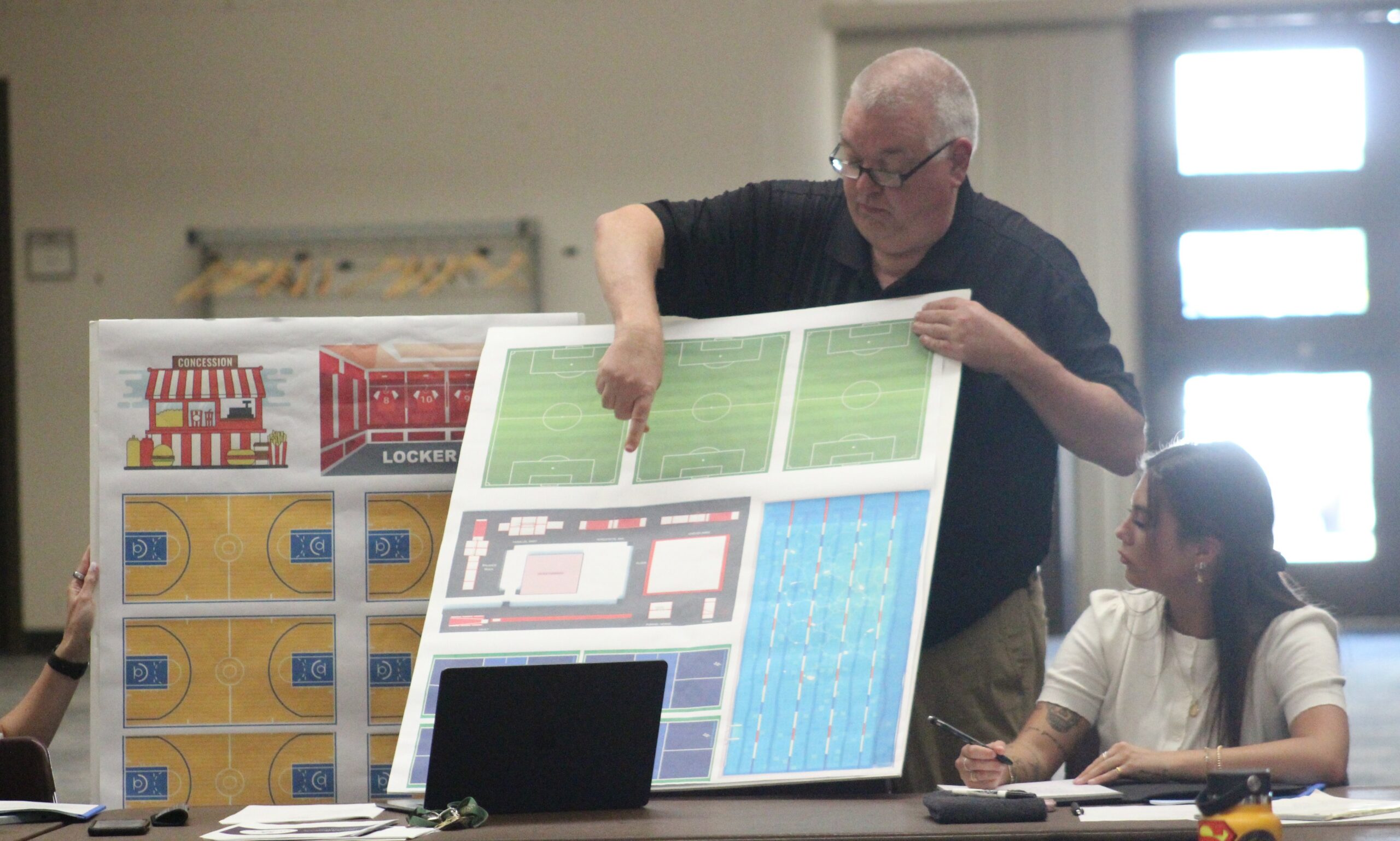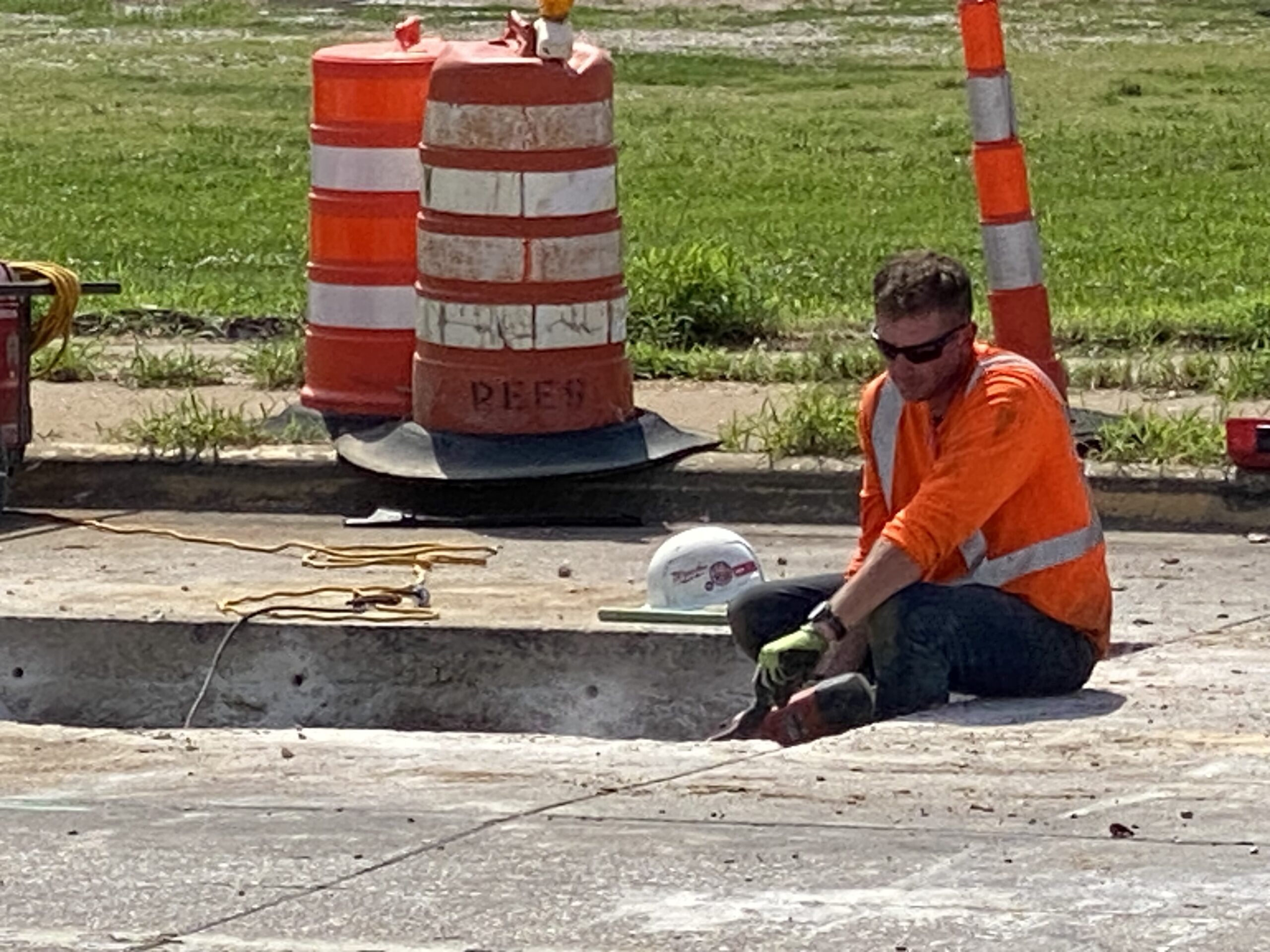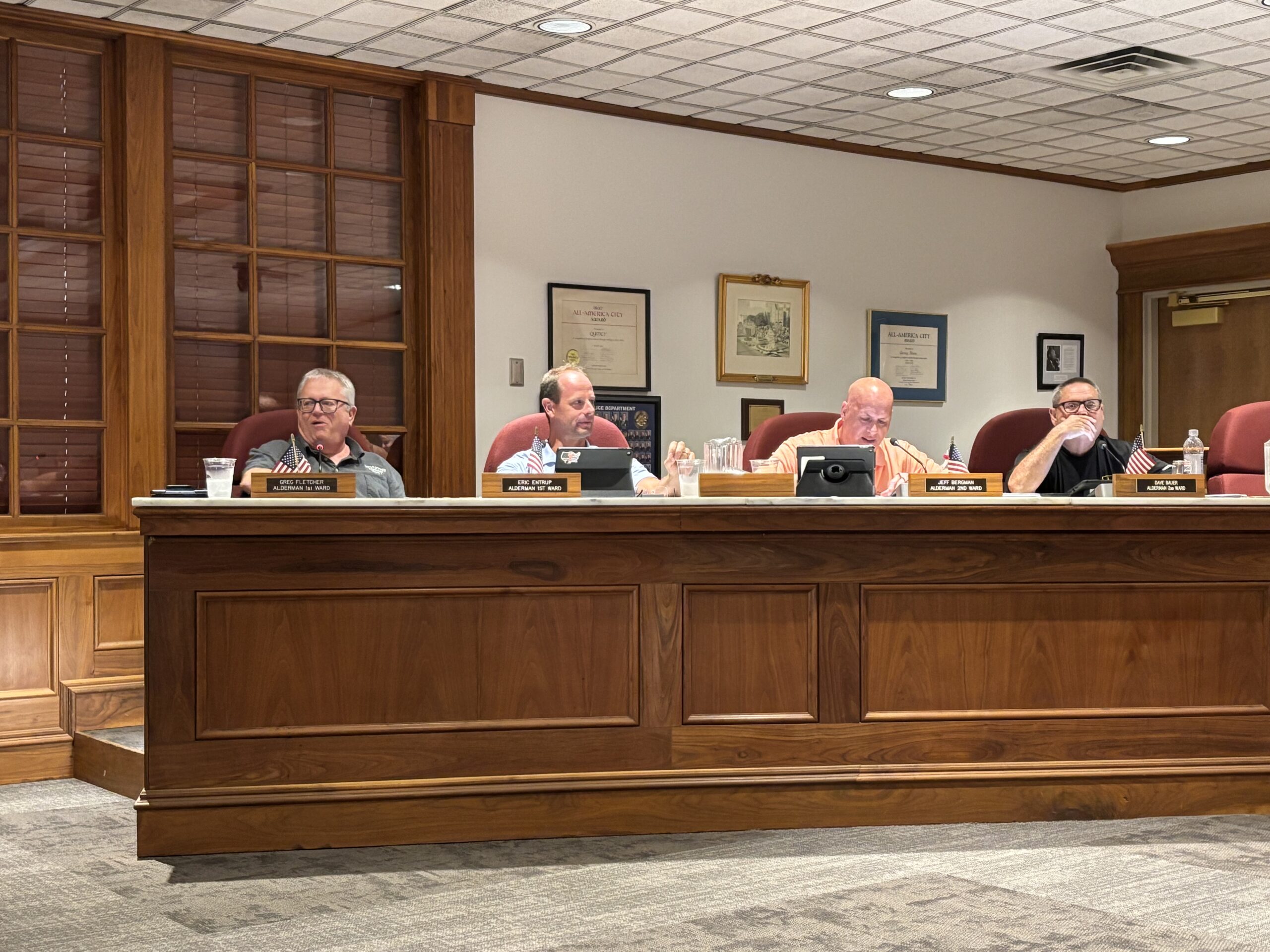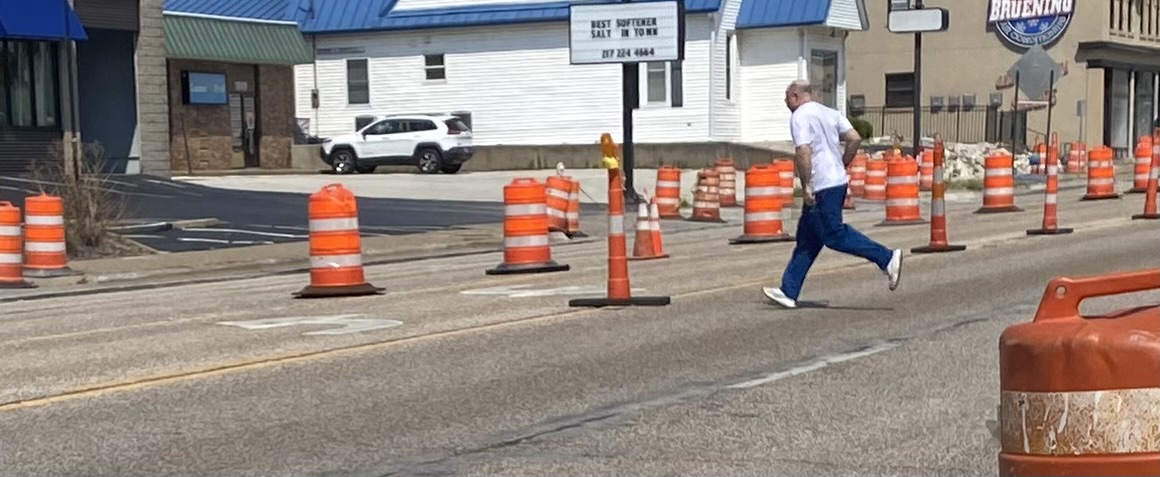Quincy You have to start the automobile and shift into gear before you can go anywhere, even though the destination is still a long way off.
That was the motivation behind the first city sports commission meeting, which was held Tuesday at Quincy University’s Hall of Fame Room, according to Quincy Mayor Linda Moore.
Moore stated, “I’m all about strategic planning and doing the right thing first.” Let’s make sure everything is in order before we take any action, rather than merely hurling spaghetti at a wall.
David Adam, a prospective city community development planner, agreed with Moore.
Everyone arrived sort of observing, so what’s the deal? Adam remarked, “I’m not sure.” To be honest, I’m not entirely sure that I understand the purpose of this, but that’s why we’re here. The group itself, in my opinion, will have a role in deciding our course. The individuals who raise their voices will be the ones to determine our course.
In order to take on his new role with the City of Quincy, which includes co-chairing the sports commission alongside Alderman Kelly Mays (R-3rd Ward), Adam resigned from his post as news editor at Muddy River News last month.
Two subcommittees were established by the commission to inventory Quincy’s current sports facilities and the teams or groups that use them.
According to Adam, the outcomes of identifying the facilities that are available and the teams that require space will assist us in deciding on our course. Tonight’s fundamental problem is that, although we believe we know what we need, I doubt anyone has ever said it in writing: We need more basketball courts. More soccer fields are needed. A swimming pool is necessary. Everyone has ideas, I believe, but this is our opportunity to begin the process of actually figuring out what is required.
According to Moore, the purpose of including community members from a variety of businesses and interests on the committee is to enable the city to move forward more quickly and successfully in their mission to expand the opportunities available to the current sports community while utilizing what it already has.
“Almost everyone who is interested in sports is here or is represented in some way,” Moore added. I believe that our group is large enough and diverse enough to include everyone’s opinions. To find out what we need, where we need it, and how we’re going to pay for it, we just need to gather the data.
Funding for possible sporting facilities might come from a variety of sources, as Adam noted.
Adam stated that there is currently no set method for raising money. Public-private collaborations exist. Certain individuals will simply walk in and hand you a check. A portion of the possible city levies, such as the food and beverage tax and hotel and motel taxes, may be used to fund a facility like this. When it comes to which communities are doing what to raise that money, the facilities that have been constructed around the state are scattered everywhere. It is the most appropriate option for Quincy. We have members on this committee who we believe have the knowledge and relationships to be able to assist with that fundraising, but no one here currently knows the answer to that question.
According to Moore, the city will make every effort to prevent the need to pay for such a building or facilities using tax resources.
After the last presentation, there was a lot of loud talk about people not wanting to pay for a facility with government money, Moore said. So, how are we going to pay for it if we don’t utilize taxpayer dollars? We have a number of finance professionals on this committee as a result, so we can look at these choices. Which will be most effective for us? We may offer the data to the public and reach a decision once we have it.
In order to maximize the potential for offering a more varied choices for sports teams and organizations and boosting sports tourism in Quincy, this commission has been entrusted with figuring out the best plans of action in every area of planning.
I believe that every town with at least 50,000 residents is building facilities to the extent of several courts and fields for various sports, and they are claiming that this is a means of attracting tourists to the city. Adam stated that Quincy is considering doing something themselves because of this. Everybody kind of does their own thing, whether it’s the Grand Prix of Karting or the Q-Town Tournaments. It’s always been done in a piecemeal fashion. In order to be able to say, “How can we help you get basketball courts while we’re also helping these people over here get a volleyball court? Maybe we’ll bring an ice skating rink at the same time, and we’ll do it all at our own facility,” takes a bit more planning. That is the topic of our conversation.
The commission must begin somewhere, even though it is practically starting from scratch.
First things first: what do we need and what do we have? Moore stated. We can identify our gaps and what we need moving forward once our subcommittees have met and we know what we have.
On August 5, the commission will meet once more.
Shane Hulsey took the pictures.











